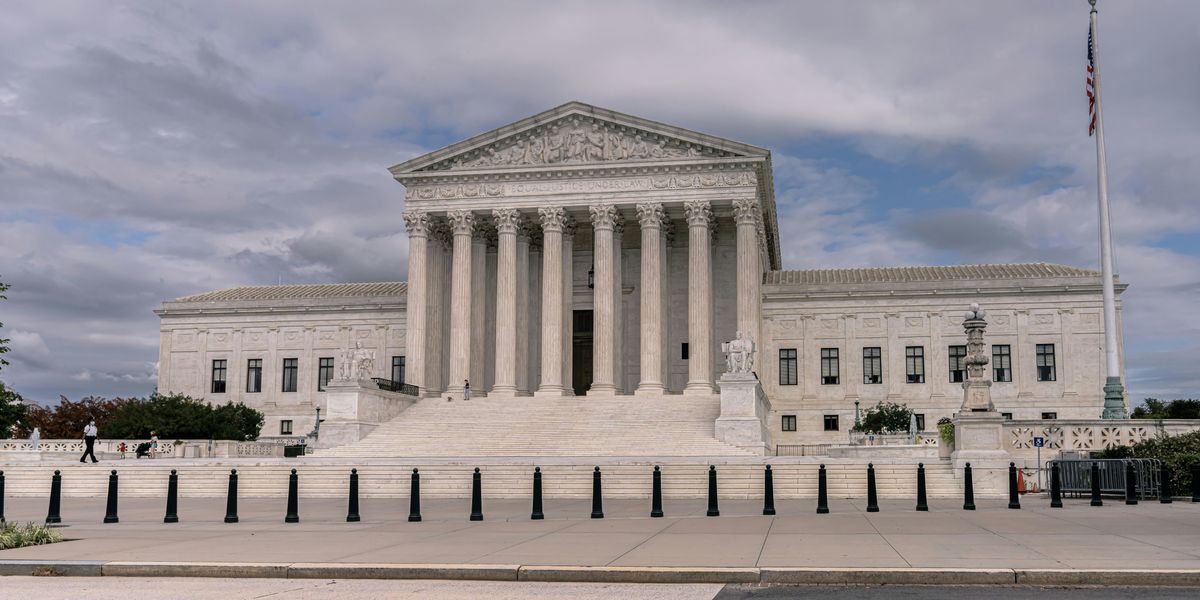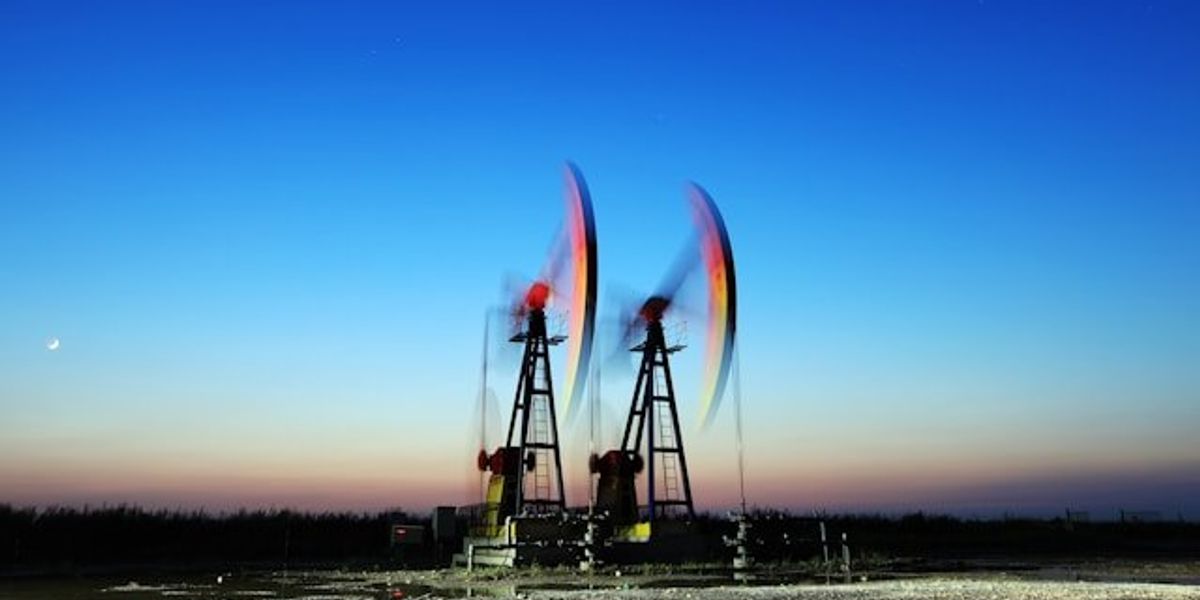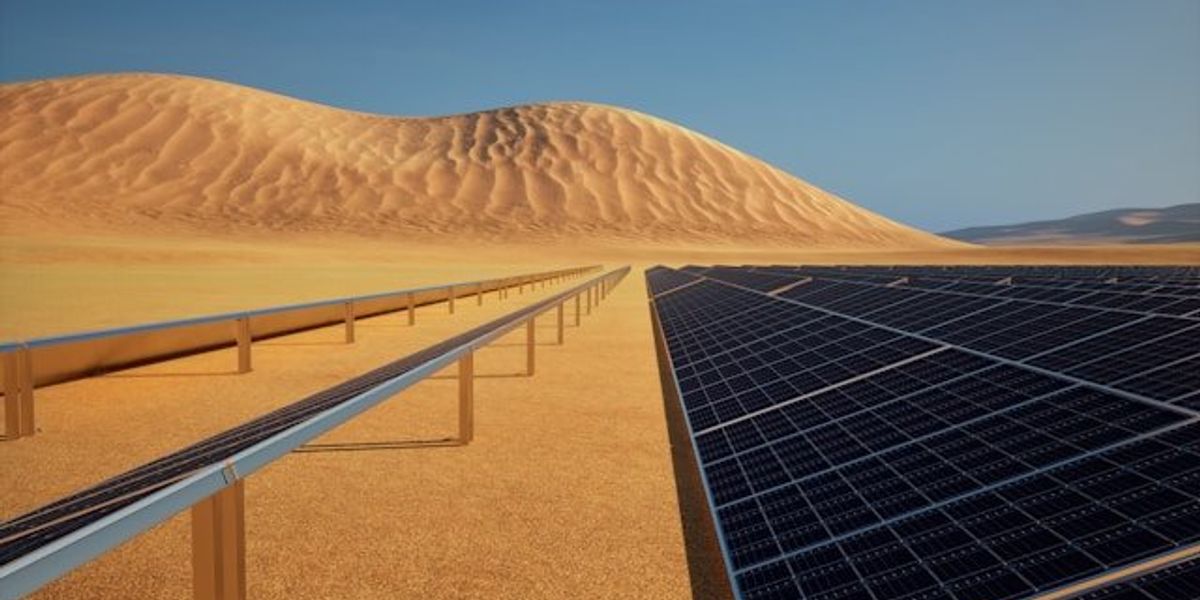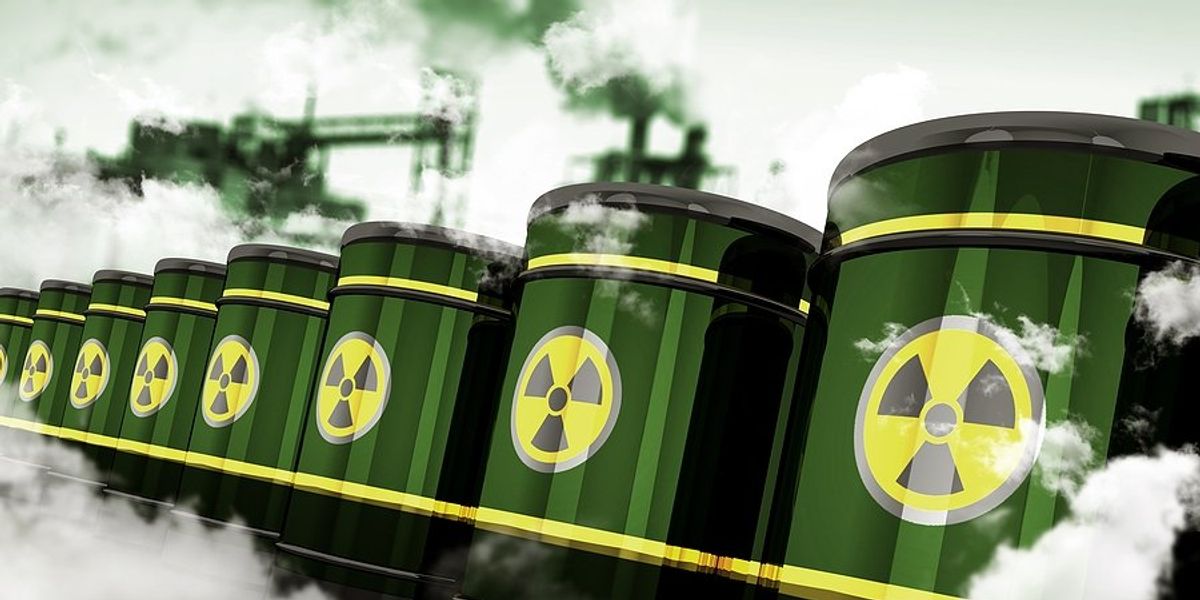
US Supreme Court curbs major federal environmental statute
The U.S. Supreme Court has ruled that federal agencies only need to consider the direct environmental impacts of major infrastructure projects, not their broader consequences, under the National Environmental Policy Act (NEPA).
Alex Guillén reports for Politico.
In short:
- The 8-0 ruling curbs how NEPA can be used, limiting environmental reviews to only the immediate effects of projects like rail lines and pipelines.
- Justice Brett Kavanaugh emphasized that NEPA is procedural, not a weapon to block development, and courts must defer to agencies on what they include in their reviews.
- Environmental advocates argue this decision ignores the full chain of climate and health harms — like pollution from oil refining or increased risks to frontline communities.
Key quote:
“Fossil fuel infrastructure projects do not exist in a vacuum and have far-reaching impacts on communities, especially those on the frontlines of climate change or those who face serious health harms from increased pollution.”
— Nathaniel Shoaff, senior attorney at the Sierra Club
Why this matters:
The Supreme Court just shrank one of the most important tools the public has to fight environmentally risky projects at a time when fossil fuel projects are expanding. NEPA has long been a way for communities to slow — or at least understand — the consequences of big infrastructure plans. But Justice Brett Kavanaugh and the rest of the bench are reframing it as a box-checking exercise. This ruling allows agencies to decide what counts as worth reviewing, and courts are told to back off.
Read more: Supreme Court undoing 50 years’ worth of environmental progress













